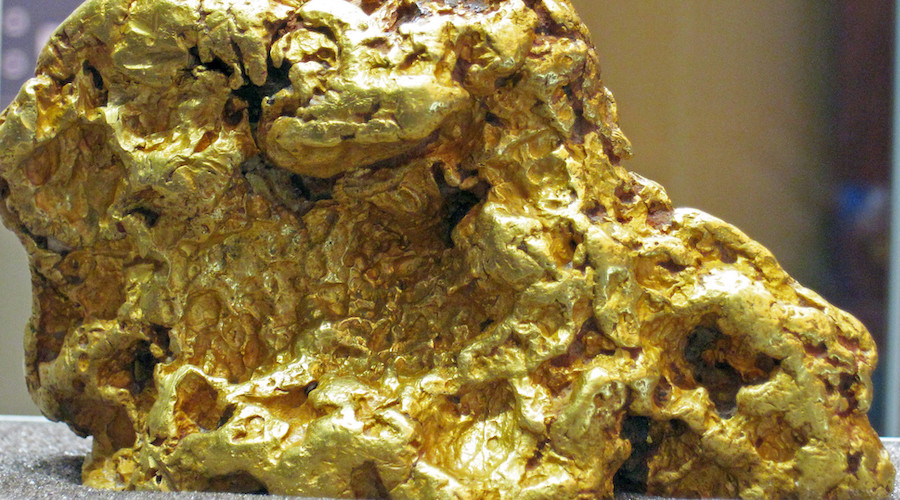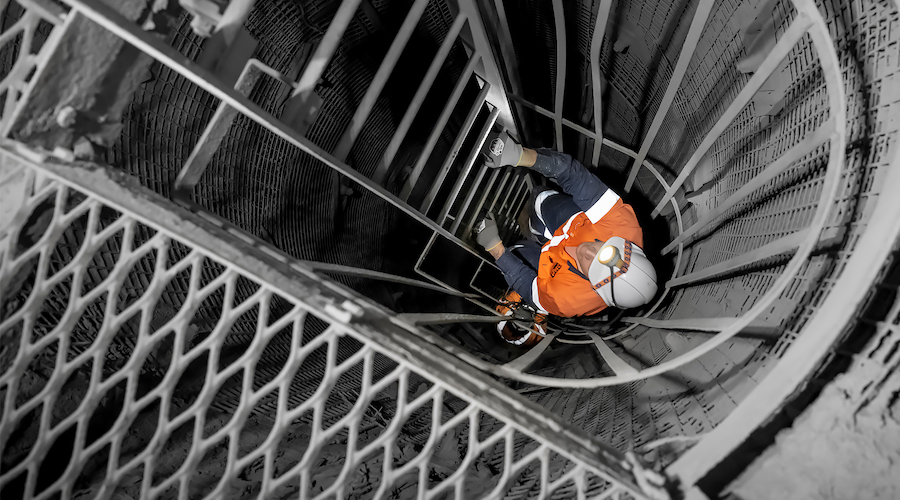Cleaner gold extraction technology goes global

A technology that enhances the extraction process of a number of metals and that was developed by scientists at Australia’s Curtin University made it to the global market after the sale of the researchers’ industry partners Mining and Process Solutions (MPS).
Czech multinational chemical supplier Draslovka is the company behind the acquisition of MPS, whose leaching technology uses amino acids such as glycine for the extraction of gold, copper, cobalt and nickel. The technology is still in the trial phase and does not eliminate the use of cyanide entirely, but reduces its use to varying degrees depending on the ore being treated.
The system works through a combination of potassium permanganate and glycine, which partially decompose to form insoluble manganese dioxide, insoluble calcium oxalate, and nitrogen – all of which are naturally occurring, low-toxicity chemical compounds.
With low concentrations of potassium permanganate being added to the alkaline glycine system at ambient temperature, it is possible to leach 85.1% of gold from an ore deposit. This is an extraction rate similar to that of cyanidation.
“Curtin researchers professor Jacques Eksteen and associate professor Elsayed Oraby spent years developing this improved leaching process, expanding the technology’s applications and making it more efficient for extracting gold and other valuable deposits,” Curtin’s director of commercialization Rohan McDougall said in a media statement.
“Now that it has made it to the global market, this technology will offer many benefits to resource industries, including being a much more efficient, safe and environmentally-friendly extraction method.
Leaching or separating gold and other precious metals from an ore deposit or other materials has long depended on cyanide as a key ingredient, which is a highly toxic chemical compound that, when mishandled, can have a harmful effect on people and the environment.
It is also very expensive to detoxify cyanide at the industrial level and even if this is achieved, the risks associated with transporting, handling and processing the chemical remain.
By developing the glycine leaching technology, thus, the scientists have optimized the process to enable the extraction of a range of precious and base metals.
{{ commodity.name }}
{{ post.title }}
{{ post.date }}




Comments